New trailblazing public sector partnership to unlock Feltham’s future
Hounslow Council, the Ministry of Defence (MOD), and the Greater London Authority (GLA) have today announced their intention to work together.
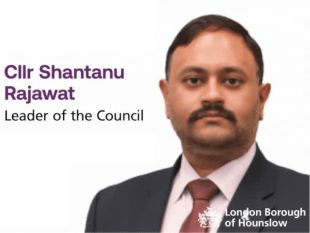
-
Community art brings colour and pride to Feltham’s regeneration story
New community created artwork has been unveiled on the walls of Emily's Café in Feltham.
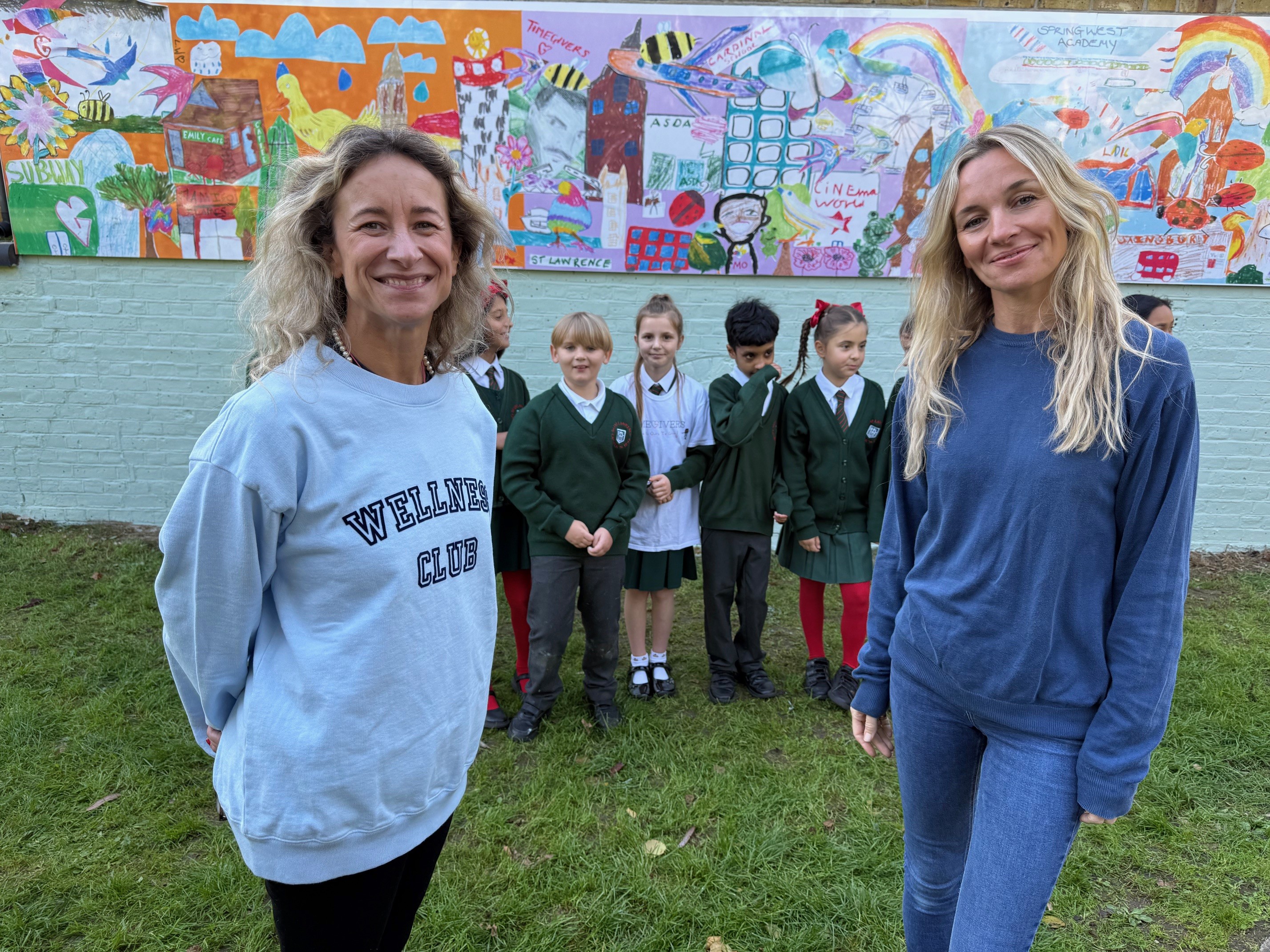
-
Brentford Community Day success
Hounslow Council's Brentford Community Development Network (CDN) recently teamed up to organise Brentford Community Day.
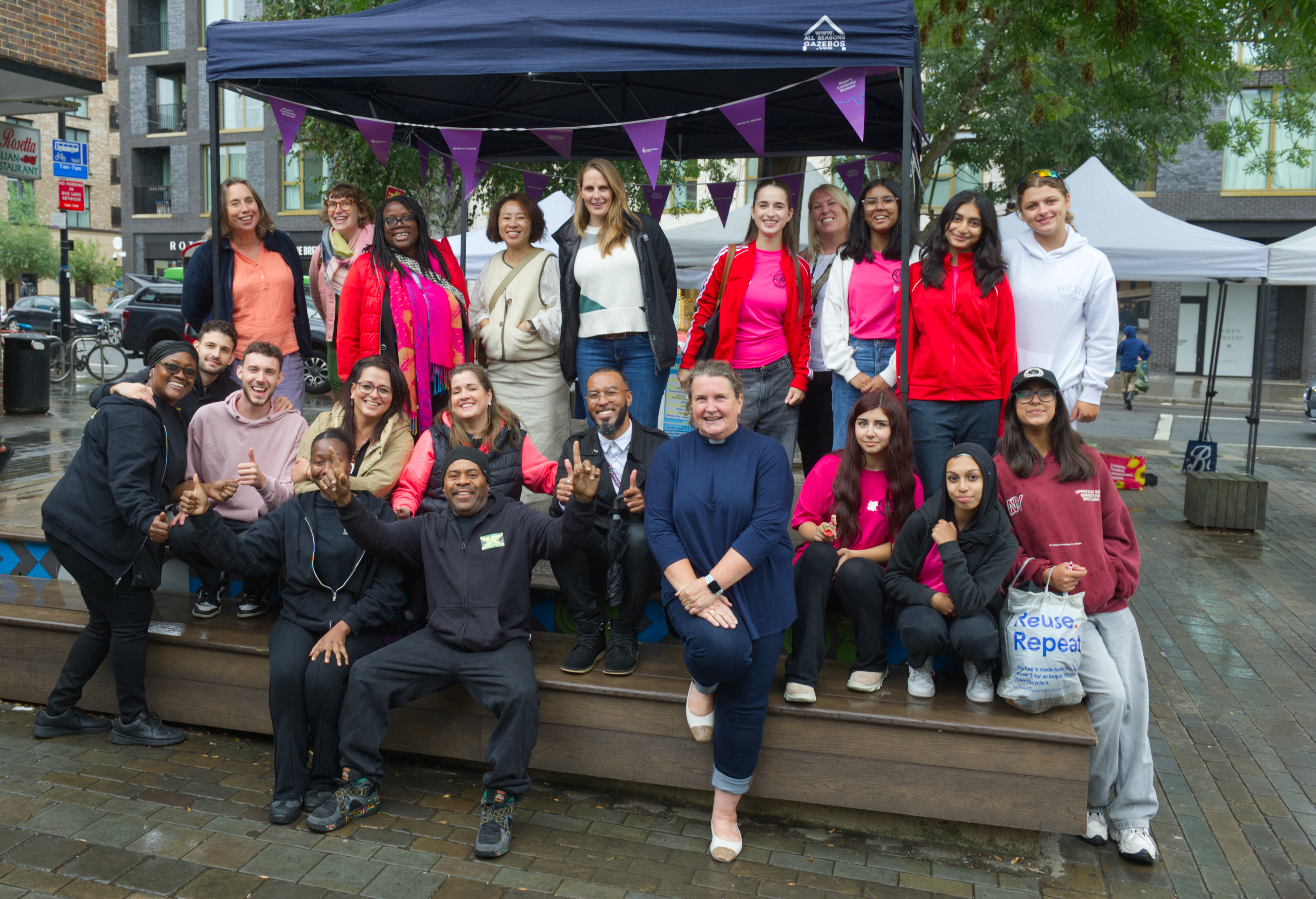
-
Hounslow Council opens Meadowbank Community Hub and Library in Cranford
Meadowbank Community Hub and Library opens to local people in Cranford today.
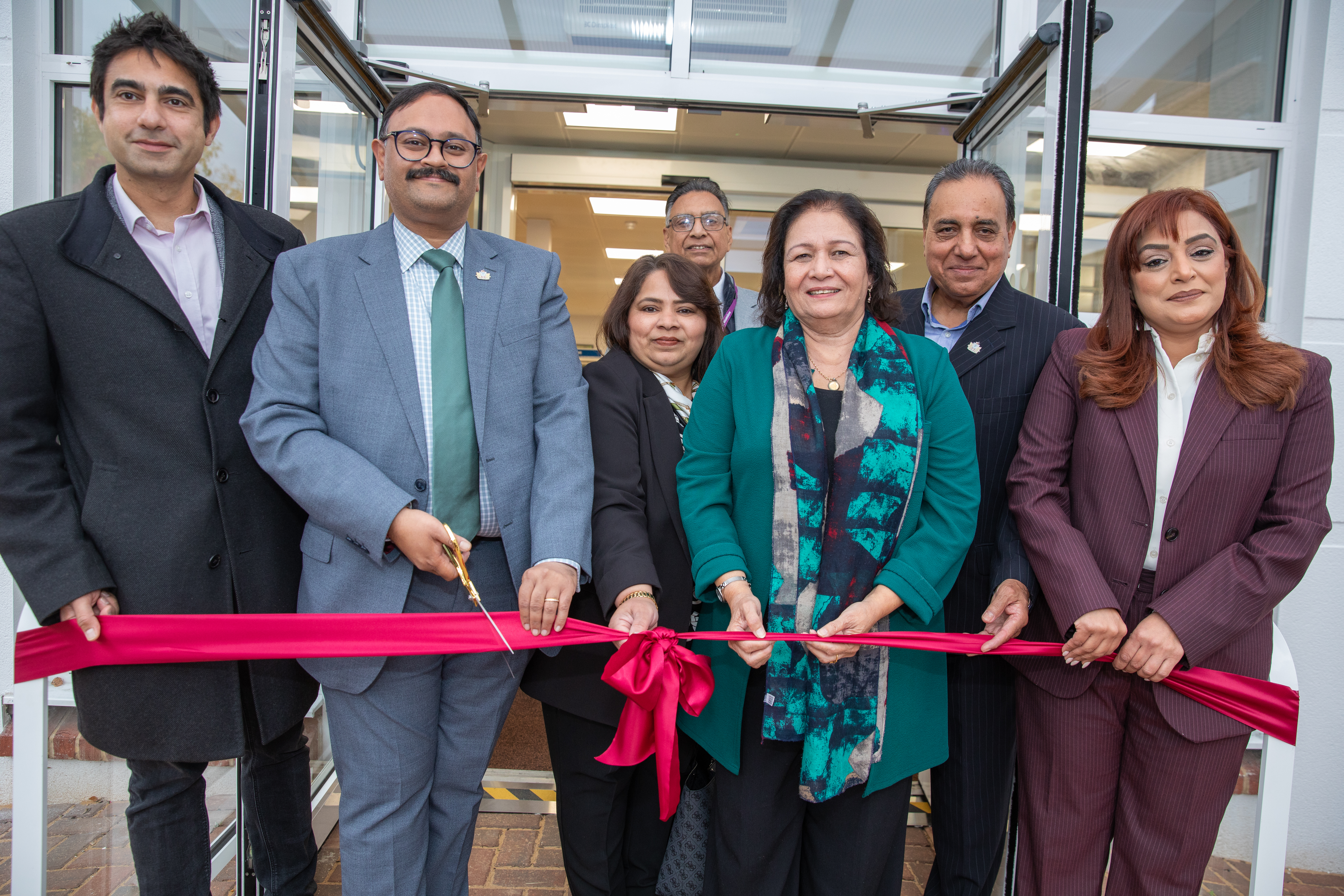
-
Shape the future of schools in Hounslow
Hounslow Council is inviting parents, carers, school staff, and residents to shape the future of education in the borough.

-
£180,000 fines issued to rogue landlords in Hounslow
Hounslow Council is stepping up efforts to prosecute rogue landlords who fail to meet legal standards, reaffirming its commitment to protecting housing tenants across the borough.
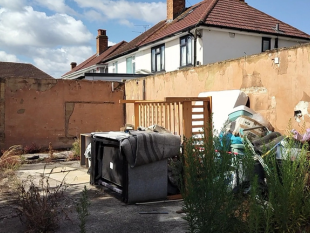
-
West Thames College and London Borough of Hounslow to Launch New Independence Hub for Young People with Additional Needs
West Thames College, in a partnership with the London Borough of Hounslow, is proud to announce the launch of its brand-new Independence Hub on 7 October 2025 at its Isleworth campus.
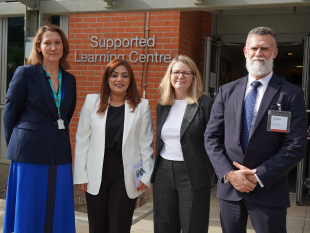
-
Hounslow building first children’s home for over a decade
Hounslow Council is building a new six-bed residential children’s home at Bedfont Lane to increase local in-house care and support for Looked After Children.

-
Hounslow’s Animal Welfare team wins big at RSPCA awards
Hounslow Council celebrated another year of success at the RSPCA’s annual Pawprint awards.

-
Hounslow Gets Digital 2025 – Join Us for a Day of Digital Empowerment!
Hounslow Gets Digital returns this month on Tuesday 21 October, 10am-3pm on the ground floor of Hounslow House.
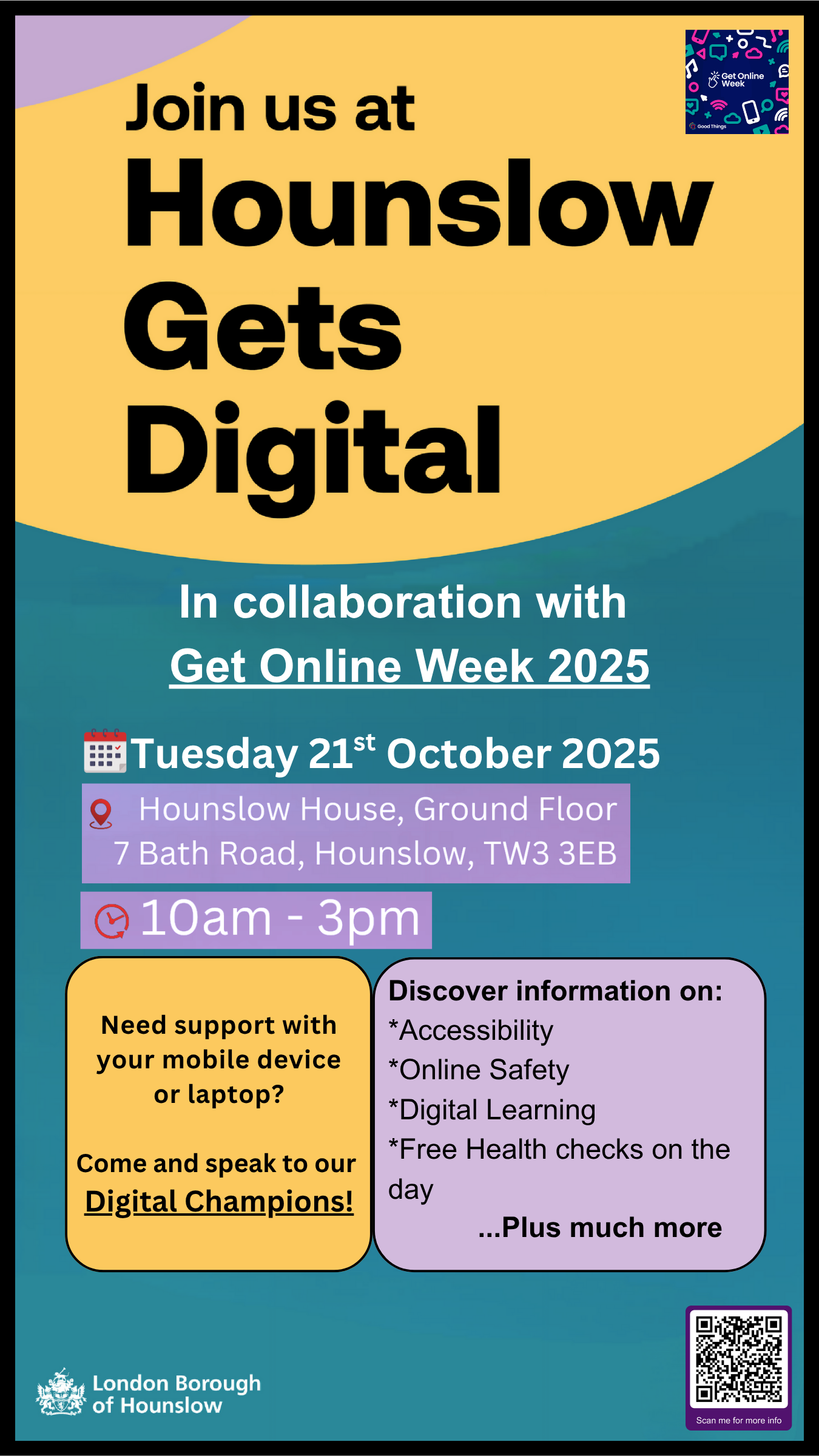
-
Hounslow Council’s statement on the Government’s Pride in Place Impact Fund
Hounslow has been selected as one of just 95 areas across the country to receive investment from the Government’s new Pride in Place Impact Fund.


